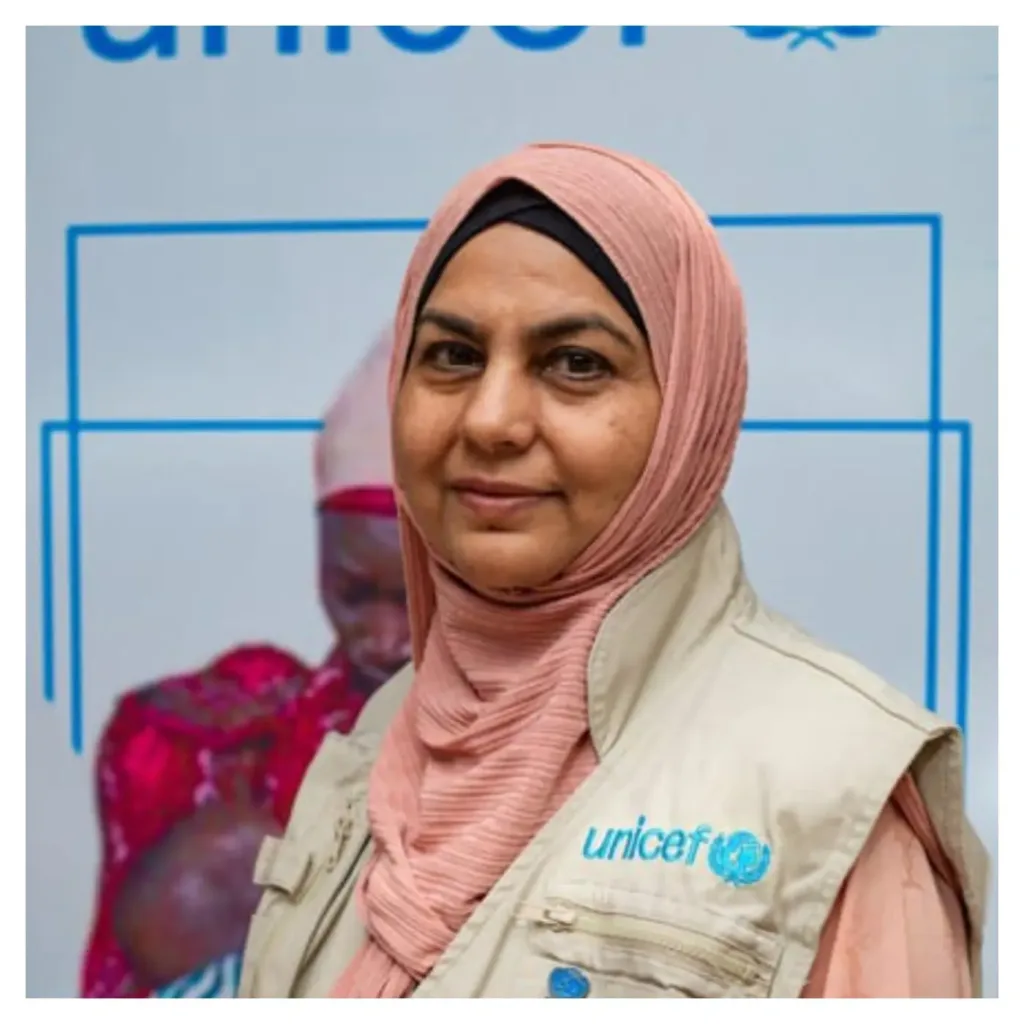UNICEF has called on government authorities in Nigeria’s Bauchi State to adopt a six-month paid maternity leave policy, aiming to tackle alarmingly high childhood malnutrition rates by enabling mothers to breastfeed exclusively. The appeal, made during events marking the 2025 World Breastfeeding Week, highlights urgent concerns over long-term health impacts on children in the region, where half suffer from malnutrition and stunting linked to inadequate feeding practices.
Dr. Nuzhat Rafique, UNICEF’s Bauchi Chief of Field Office, described the situation as a “serious nutrition crisis,” urging systemic changes to support mothers. She emphasized the “1-6-24” breastfeeding strategy—initiating breastfeeding within an hour of birth, continuing exclusively for six months, and combining it with nutrient-rich foods until age two. “Breastfeeding is not just a mother’s responsibility,” she told journalists. “Families, health systems, and policymakers must create environments where women can follow these guidelines without barriers.”
Current data reveals stark gaps: only 20% of infants in Bauchi are exclusively breastfed, well below global standards. Philomina Irene, a UNICEF nutrition specialist, tied the low rates to workplace challenges, arguing that extended paid leave would reduce pressure on employed mothers to resume work prematurely. “Mothers need time, flexibility, and understanding to prioritize their children’s health,” she said, urging media outlets to amplify awareness and institutions to adopt breastfeeding-friendly policies.
Alhaji Abubakar Sale Sabo Bara, Bauchi’s Nutrition Officer, outlined state-led efforts to shift cultural norms, including partnerships with community leaders and religious figures to promote breastfeeding. These campaigns align with this year’s World Breastfeeding Week theme, “System Support for the Woman,” which stresses collective responsibility in addressing structural hurdles.
Healthcare infrastructure improvements, such as training birth attendants to assist with lactation, were also cited as critical. Dr. Rafique noted that early breastfeeding initiation remains low due to limited access to skilled health workers during delivery—a gap the state aims to fill through its primary healthcare networks.
While Bauchi authorities reaffirmed commitments to child nutrition, UNICEF’s push underscores the broader need for policy reforms in regions where economic pressures and cultural practices often conflict with medical recommendations. As global health organizations advocate for longer maternity leave policies—a norm in many countries but rare in parts of sub-Saharan Africa—the campaign highlights how systemic support could reshape child health outcomes in vulnerable populations.
